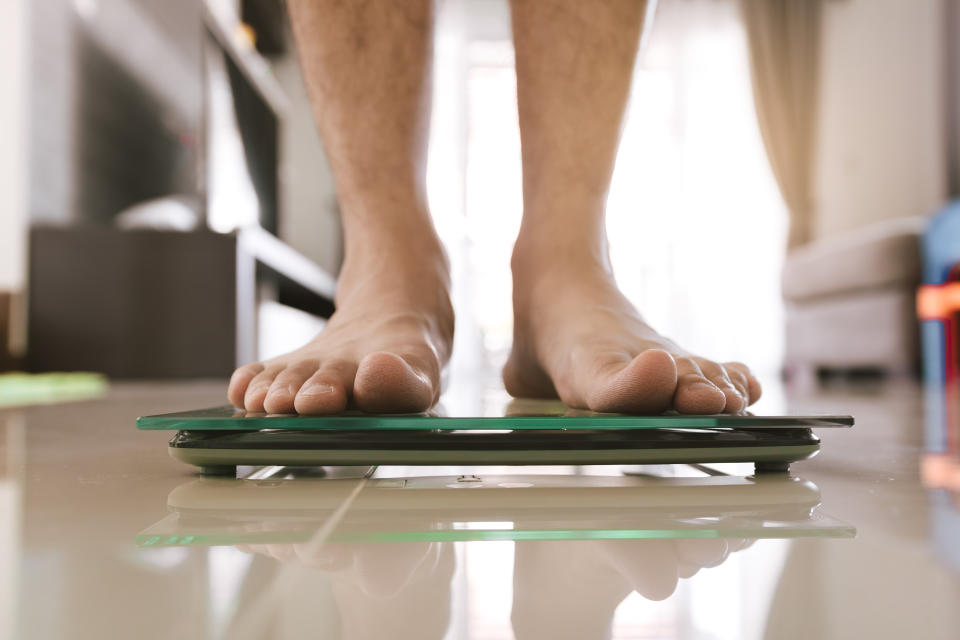The 'most important thing' you can do for healthy lungs
Lung health may not get as much attention as other areas of your well-being, like heart health, but it’s very important to focus on your breathing too.
Certain conditions like chronic obstructive pulmonary disease (COPD) can make it difficult to breathe normally. COPD specifically causes an airflow limitation to your lungs after exposure to chemicals or fumes like cigarette smoke, according to Lori Shah, MD, a transplant pulmonologist at New York-Presbyterian/Columbia University Irving Medical Center. “It’s important to know that COPD is common, treatable and preventable,” she says.
Whether you have COPD or not, here are three things, challenging but worth it, you can do to improve your lung health.
Quit smoking

Shah believes this is the “first and most important thing” for lung health. “You’ve got to quit smoking if you want to slow down the decline in lung function of COPD,” she says. Don’t smoke? Do your best to stay away from people who do, since second-hand smoke can also damage your lungs.
Get regular exercise

“Exercise has been shown in multiple studies to improve the quality of life and life span of patients with COPD,” says Shah.
One study published in the BMC Pulmonary Medicine journal found that patients with moderate COPD who went through a community-based exercise program had more endurance and muscle strength during workouts after 12 weeks than those who didn’t go through the program.
The American Lung Association (ALA) specifically recommends doing aerobic exercises such as walking, biking and swimming for a half hour a few times a week, along with resistance training three to four times a week.
“Exercise in COPD patients can improve their exercise capacity, improves their health-related quality of life, reduces anxiety and depression, improves strength and endurance and improves survival,” Shah explains. “These benefits extend beyond the immediate period of exercise.”
Try to maintain a healthy weight

Many COPD patients are overweight, and doctors generally recommend weight loss as part of treatment. “It’s better for your health, it’s better for your lungs,” says Shah. But sometimes patients with COPD lose too much weight, and the transplant pulmonologist says that can be an issue too.
“Being a normal weight … helps you breathe,” Shah says. “When you are overweight, it makes breathing harder, because you are carrying around extra pounds on top of being limited by your lungs. If you are underweight, you may have lost muscle mass, which can lead to loss of endurance and strength, and result in you feeling short of breath even faster, after you walk.”
The ALA specifically recommends following a diet with fewer carbohydrates and more fat for easier breathing. When your body breaks down food into fuel in your body, it produces carbon dioxide as a waste product that you exhale, the ALA notes. Carbohydrates produce the most carbon dioxide and fat produces the least, making it easier for many people with lung issues to breath on this diet. Overall, “you should work very closely with your doctor to monitor your weight,” Shah says.
There are medications that can help with COPD but “medication alone cannot do the job,” says Shah. “Non-pharmaceutical approaches are absolutely necessary part of COPD care.”
